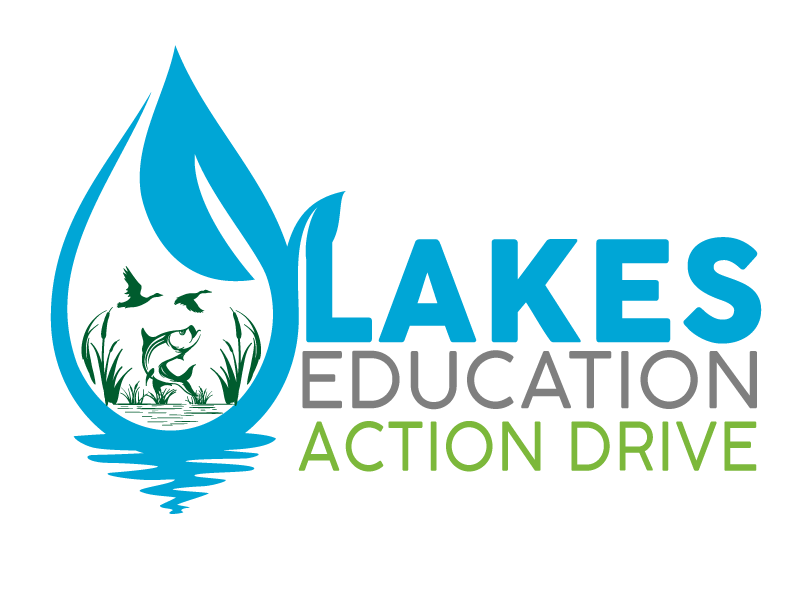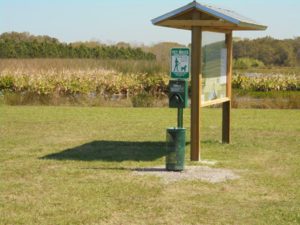Animal waste collection as a pollution source control involves using a combination of educational outreach and enforcement to encourage residents to clean up after their pets. The presence of pet waste in stormwater runoff has a number of implications for urban stream water quality with perhaps the greatest impact from fecal bacteria. According to research, non-human waste represents a significant source of bacterial contamination in urban watersheds. The release of nutrients from the decay of pet waste promotes weed and algae growth, limiting light penetration and the growth of aquatic vegetation. This in turn can reduce oxygen levels in the water, affecting fish and other aquatic organisms.
Animal waste collection programs use awareness and education, signs, and pet waste control ordinances to alert residents to the proper disposal techniques for pet droppings. The City of Lakeland Parks Department has begun an important step in this education process by purchasing a pet waste station for one of their lakes. The good news is people are using this station and bags to dispose of pet waste. With a grant from the Southwest Florida Water Management District, LE/AD has continued this process for several other lakes in the city that are used by pet owners. Through the collaboration of several organizations, we will be able to increase awareness of the problem and educate the public on proper disposal of pet waste.
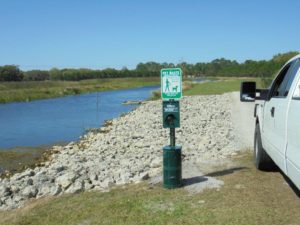 The litter bags offer a progressive alternative for dog owners and other people affected by the unsightliness and harmfulness associated with “dog dirt”. Dogipot litter bags are not made from the traditional oily and polluting plastic, but from high-density Polyethylene foil. The term is still plastic, but Polyethylene plastic foil contains the organic raw material carbon and water, the same as you find in wood and vegetable fiber. It burns down to carbon dioxide and water – no residue, no toxic gases and no cinders. Polyethylene foils are 100% recyclable.
The litter bags offer a progressive alternative for dog owners and other people affected by the unsightliness and harmfulness associated with “dog dirt”. Dogipot litter bags are not made from the traditional oily and polluting plastic, but from high-density Polyethylene foil. The term is still plastic, but Polyethylene plastic foil contains the organic raw material carbon and water, the same as you find in wood and vegetable fiber. It burns down to carbon dioxide and water – no residue, no toxic gases and no cinders. Polyethylene foils are 100% recyclable.
